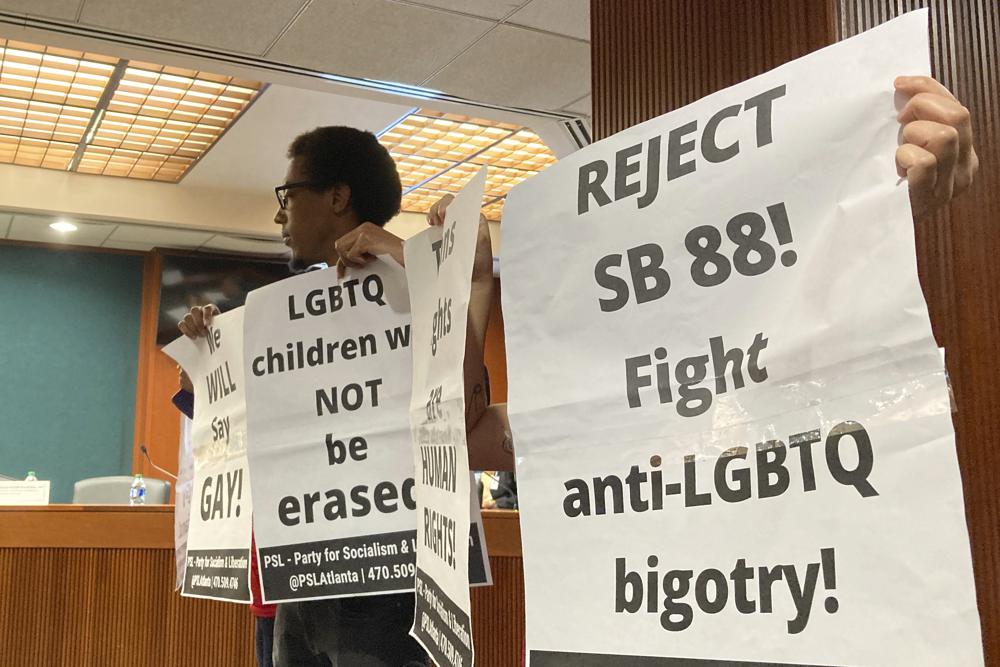A Georgia bill aimed at limiting discussions of gender identity between teachers and students has failed unexpectedly, after opposition from both conservative and LGBTQ groups. Senate Bill 222, which was introduced by Senator Carden Summers, a Republican, sought to mandate parental involvement before discussing gender identity in public and private schools and camps. Although Summers claimed that this was necessary to prevent teachers from indoctrinating their students about changing gender identity, and from hiding a student’s gender identity change from their parents, the bill encountered significant opposition.
Mike Griffin, the lobbyist for Georgia Southern Baptists, testified against the bill, citing unintended consequences for parental rights and children in public schools. The bill’s language, which sought to exempt schools and camps run by religious institutions, was also an issue for many conservatives, as it could not effectively define the concept of gender identity in state law. The bill defined gender identity as “actual or perceived sex and a person’s gender expression.”
Although the bill would have required local public school districts to develop policies ensuring parental involvement in discussions of gender identity, and mandated that public and private schools could not change records of a child’s name, sex or gender without written permission from parents, it faced opposition from critics who likened it to “Don’t Say Gay” bills in other states. Critics argued that gender identity should not be singled out for special rules, regulations or policies, and that such efforts could harm the mental health of LGBTQ students, especially transgender students in Georgia.
While the bill’s failure represents a victory for LGBTQ advocates, a separate bill that could be considered by the full Georgia Senate would ban most sex reassignment surgeries and hormone replacement therapies for those under 18, though it would still allow doctors to prescribe medicines to block puberty. Advocates continue to fight against this bill targeting gender-affirming care.

